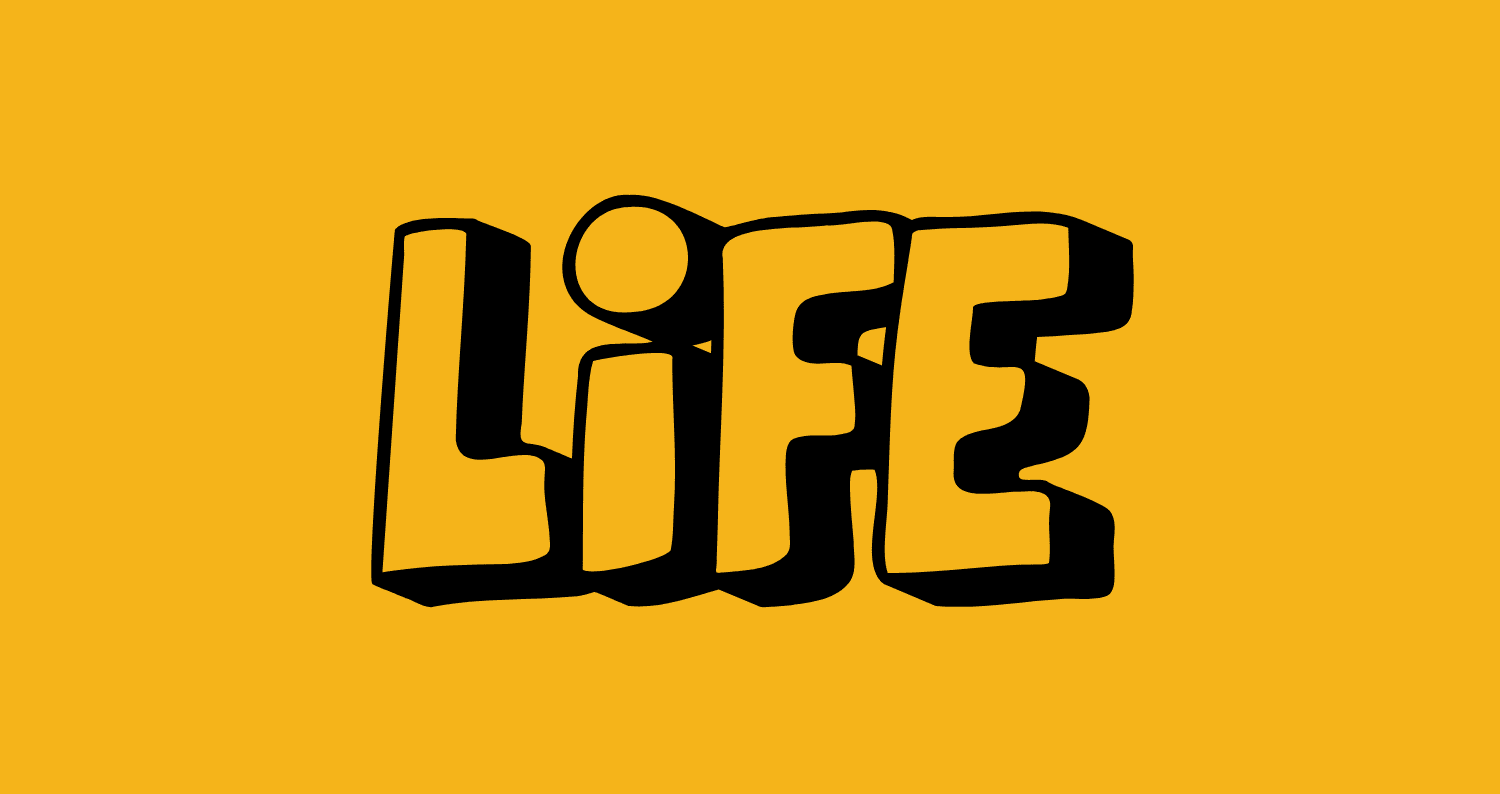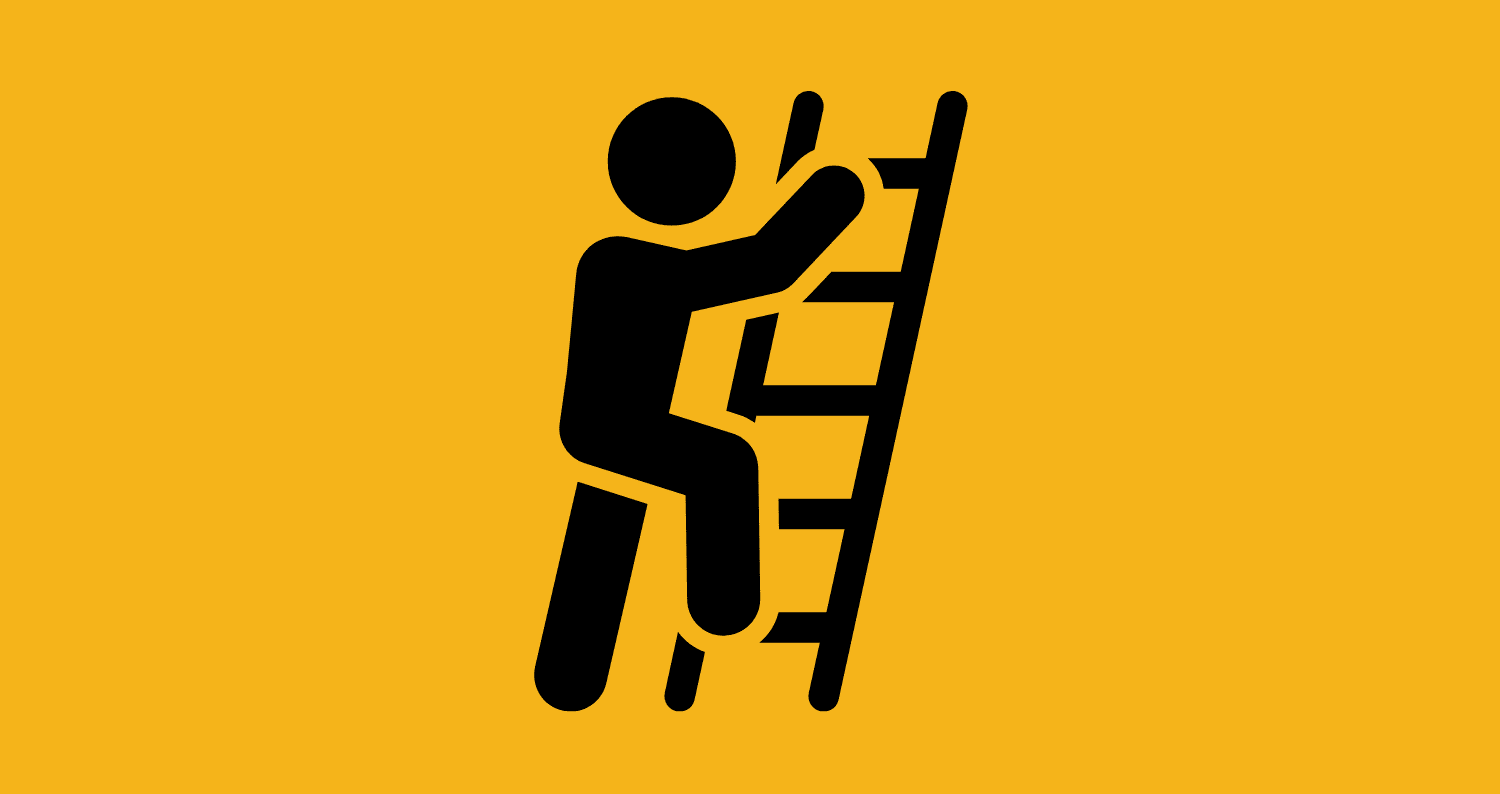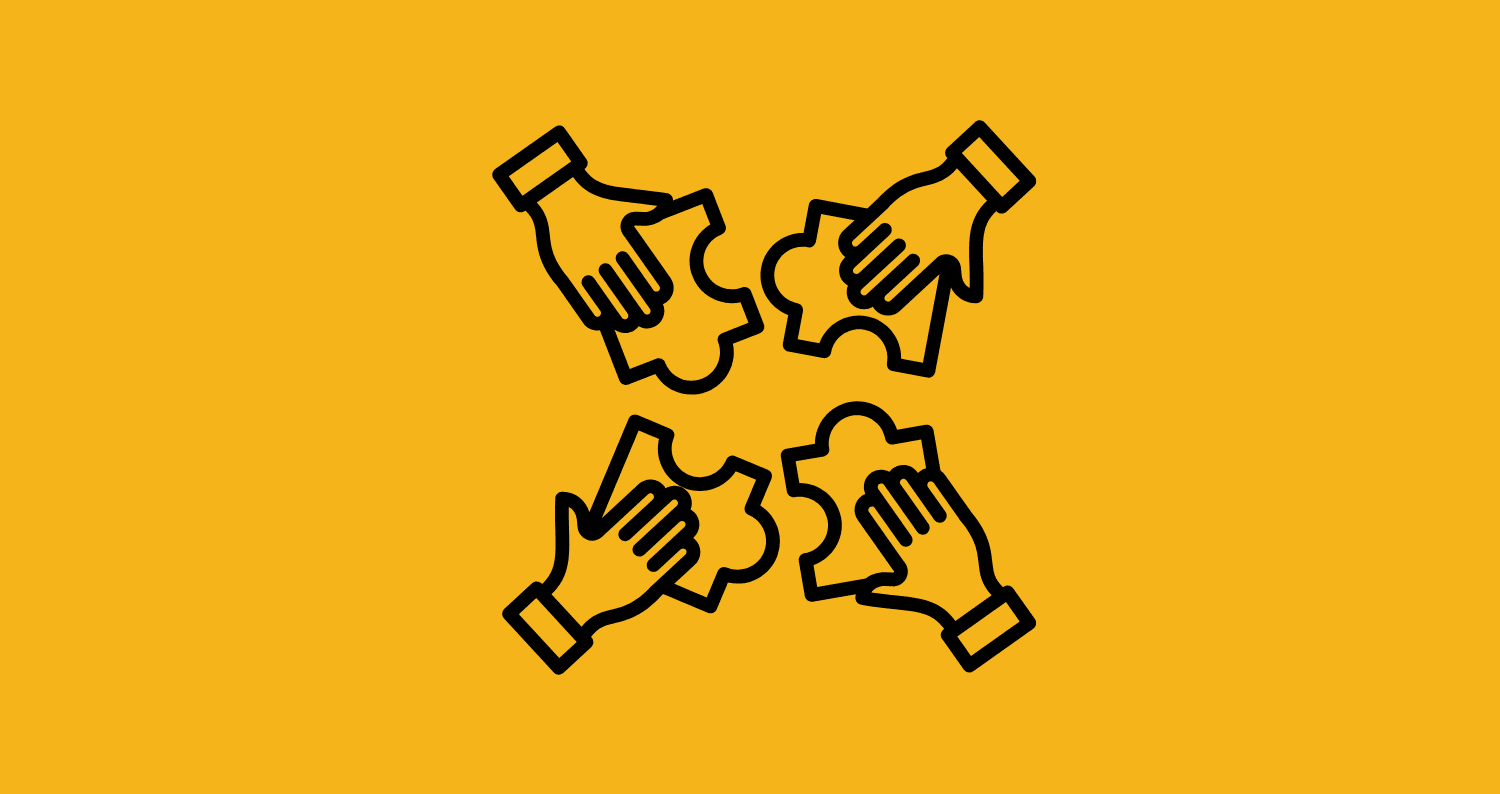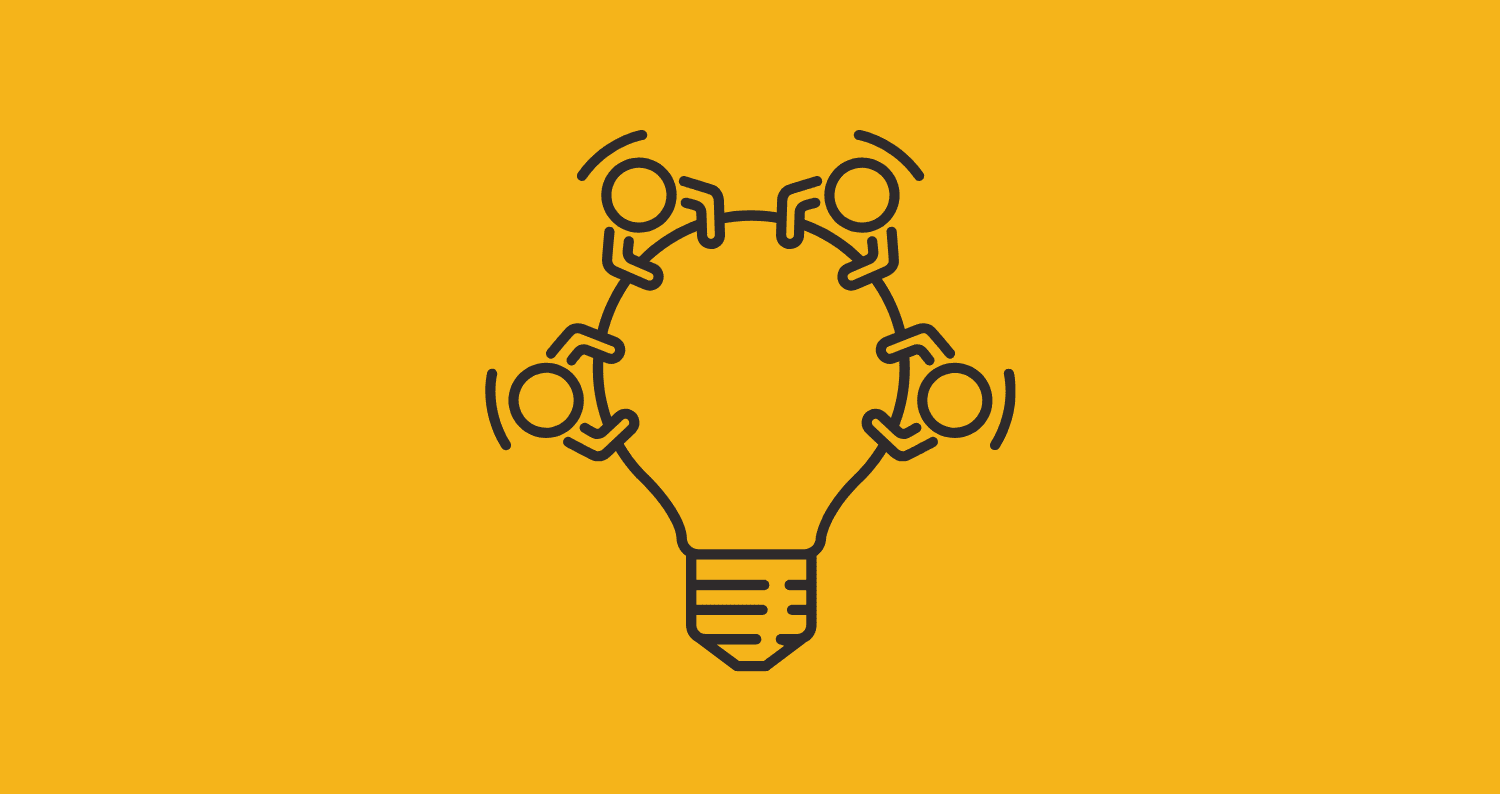
The Essential Three-Part Playbook.
We live in an age of perpetual inadequacy. Our feeds and inboxes overflow with implicit messages that we should be doing more, achieving more, acquiring more. Underneath the glossy promises of productivity systems and life hacks lies an uncomfortable truth: many of us are exhausted from chasing a horizon that continuously recedes just as we approach it.
How to Manage Your Life? It’s a BIG question!
This endless pursuit has left us collectively disoriented. We climb career ladders without questioning whether they’re leaning against the right walls. We optimise our bodies without nurturing our spirits. We accumulate possessions while our relationships quietly deteriorate. We’re busy managing our images rather than our actual lives.
The philosopher Seneca warned us of this trap nearly two thousand years ago: “It is not the man who has too little, but the man who craves more, that is poor.” The modern crisis isn’t a lack of opportunity or information—it’s our inability to recognise when we have enough.
The breakthrough in how to manage your life effectively begins with a counterintuitive insight: true fulfilment rarely comes from addition. It emerges from intentional subtraction—removing the distractions, obligations, and false pursuits that keep us from what genuinely matters. It comes from defining “enough” by our own internal standards rather than the shifting expectations of a culture designed to keep us perpetually wanting.
With endless demands and distractions, learning how to manage your life isn’t just helpful—it’s essential. Yet most advice either overwhelms with complexity or oversimplifies to the point of uselessness. This playbook takes a different approach by focusing on what truly matters across the three domains that define our existence: personal wellbeing, family connections, and professional growth.
What follows isn’t about perfection but purposeful action—not optimisation, but intentional living. The most successful people understand that effectively managing your life isn’t about doing more, but about doing what matters with exceptional focus.
Part 1: Personal Foundation — Building From Within
Understanding how to manage your life begins with a simple truth: everything flows from your personal foundation. Without this base, neither family relationships nor professional achievements will provide lasting fulfilment.
The Discipline of Attention
Most people never decide what deserves their attention; they simply react to whatever demands it loudest. The first step to reclaiming control is through intentional attention management:
- Daily Digital Boundaries: Establish non-negotiable periods (minimum 2 hours daily) completely free from screens and notifications.
- Information Diet: Ruthlessly eliminate news and content that triggers anxiety without providing actionable value.
- Morning Sanctuary: Protect the first hour after waking for your priorities, not the world’s demands.
A leader in technology once told me his secret: “I don’t manage my time; I manage my attention. Time passes regardless, but attention is where life actually happens.”
Purpose Over Pleasure
We often mistake temporary pleasure for lasting fulfilment. Building a life of meaning requires a different approach:
- Values Clarification: Identify your 3-5 core values and use them as decision filters. If an opportunity doesn’t align, it’s an automatic no.
- Contribution Focus: Regular acts of contribution create more sustained wellbeing than consumption ever can.
- Skill Development: Mastery of meaningful skills provides a satisfaction that passive entertainment cannot match.
Remember: Happiness is the byproduct of meaningful engagement, not its starting point.
The Physical Foundation
Your body isn’t just something that carries your brain around—it fundamentally shapes your capacity for everything else:
- Movement As Non-Negotiable: Schedule movement like the crucial meeting it is (minimum 30 minutes daily).
- Sleep Protocol: Protect your sleep environment with the same discipline a professional athlete would.
- Energy Awareness: Track what activities and people energise versus deplete you, then adjust accordingly.
Part 2: Family Connections — Your Inner Circle
Family (whether blood or chosen) represents our most important relationships. Yet many struggle with how to manage your life in this domain, caught between obligation and genuine connection.
Presence Over Performance
The greatest gift you can give those you love isn’t perfection—it’s your undivided attention:
- Device-Free Zones: Establish physical spaces and time blocks where digital interruptions are prohibited.
- Regular Rituals: Create consistent, simple connection points that don’t require elaborate planning (daily walks, weekly game nights).
- Listening Practices: Develop the discipline of asking questions without formulating responses while others are still speaking.
A client who implemented these practices shared: “I realised I’d been physically present but mentally absent for years. Simply being fully there changed everything.”
Boundaries and Expectations
Healthy families require clear boundaries and expectations:
- Communicated Limits: Clearly articulate what you can and cannot give, especially regarding time and energy.
- Shared Responsibility: Distribute household management based on strengths rather than gender or traditional roles.
- Conflict Protocol: Establish how disagreements will be addressed before they arise.
Legacy Thinking
Beyond daily management lies the question of legacy:
- Values Transmission: Identify the core principles you want to pass along and look for natural teaching moments.
- Milestone Creation: Establish meaningful transitions and celebrations that aren’t dictated by consumer culture.
- Story Preservation: Capture and share family narratives that provide context and meaning.
Part 3: Professional Purpose — Work That Matters
The final domain in how to manage your life covers your professional contributions. Whether through traditional employment or entrepreneurial ventures, your work represents a significant investment of your limited lifetime.
Contribution Clarity
Before tactics and tools, clarify why your work matters:
- Impact Definition: Specifically articulate how your work improves lives or solves meaningful problems.
- Strengths Alignment: Regularly assess whether your daily activities leverage your natural abilities.
- Advancement Criteria: Define what “progress” means on your terms, not just organizational metrics.
Execution Systems
Clarity without action remains merely good intentions:
- Decision Minimisation: Create systems that eliminate repeated small decisions, preserving mental energy for significant choices.
- Progress Measurement: Implement weekly self-assessment around progress on meaningful objectives, not just completed tasks.
- Deep Work Blocks: Schedule and protect 90-minute periods for concentrated effort on your most important work.
A business owner I worked with doubled her impact while reducing hours by implementing one change: “I now distinguish between tasks that move the needle and those that just move paper.”
Relationship Capital
Your professional success depends more on relationships than most realise:
- Strategic Support: Identify and cultivate relationships with those who elevate your thinking and challenge your limitations.
- Contribution First: Approach networking as an opportunity to provide value rather than extract it.
- Feedback Loops: Establish regular, candid feedback from trusted sources who will tell you the truth.
The Integration Challenge: Bringing It All Together
Understanding how to manage your life across these domains is one thing—integrating them is another. The most successful people recognise that these areas constantly influence each other.
Calendar Congruence
Your time allocations should reflect your stated priorities:
- Weekly Review: Conduct a 30-minute weekly planning session examining how your calendar aligns with your priorities across all three domains.
- Buffer Blocks: Schedule transition periods between activities to allow for mental shifting.
- Seasonal Planning: Recognise that different seasons require different allocations to each domain.
Permission for Imperfection
The pursuit of perfect balance becomes its own source of stress:
- Minimum Effective Dose: Identify the smallest action in each domain that will maintain essential progress during challenging periods.
- Recovery Rituals: Establish practices that help you reset after intense periods in any domain.
- Acceptance Practice: Regularly acknowledge that imperfect action consistently applied outperforms sporadic perfection.
Continuous Realignment
Life management isn’t a one-time achievement but an ongoing process:
- Quarterly Assessment: Set aside half-day blocks every three months to assess alignment across all domains.
- Annual Retreat: Conduct a personal annual review away from daily environments to gain perspective.
- Course Correction: Build the habit of making small adjustments early rather than dramatic interventions when systems break down.
The Path Forward: Start Where You Are
Learning how to manage your life effectively doesn’t require complex systems or radical changes. It begins with honest assessment and incremental improvement across the domains that matter most.
Begin by asking three questions:
- Which domain (personal, family, or professional) most needs attention right now?
- What single habit, if established, would create the greatest positive impact?
- What one distraction, if eliminated, would free the most mental and emotional energy?
The answers will reveal your next steps—not an overwhelming life transformation, but focused effort where it matters most.
Remember: The goal isn’t perfect management of a perfect life. It’s the intentional direction of your limited resources toward what matters most to you, not what others expect you to value.
Your playbook for how to manage your life is ultimately personal. Take what resonates here, adapt what needs customisation, and discard what doesn’t serve your unique circumstances. The only true measure of success is a life that feels worth living on your own terms.
Take action today. The momentum will build from there.
continue reading
More Playbooks...
Discover what is the ladder of accountability and how to use it as a powerful framework for developing your team.
Discover 7 common accountability scenarios that undermine team performance and learn practical conversation frameworks to address each one.
Discover how an accountability coaching program transforms team performance without adding pressure, time, or headcount.




